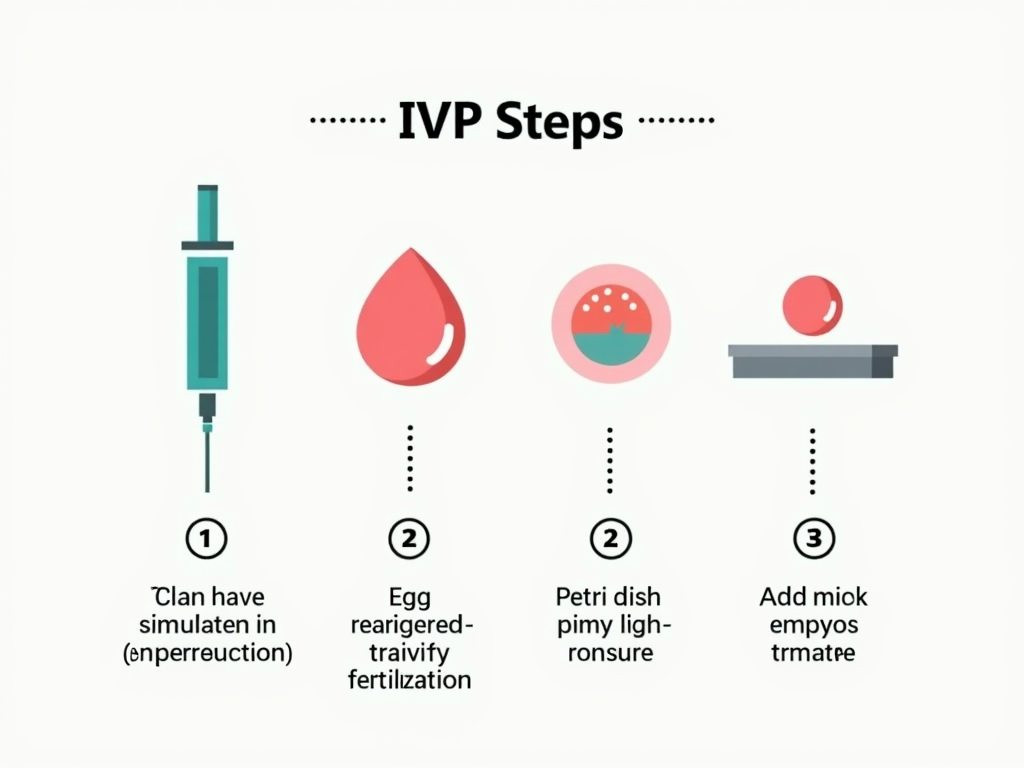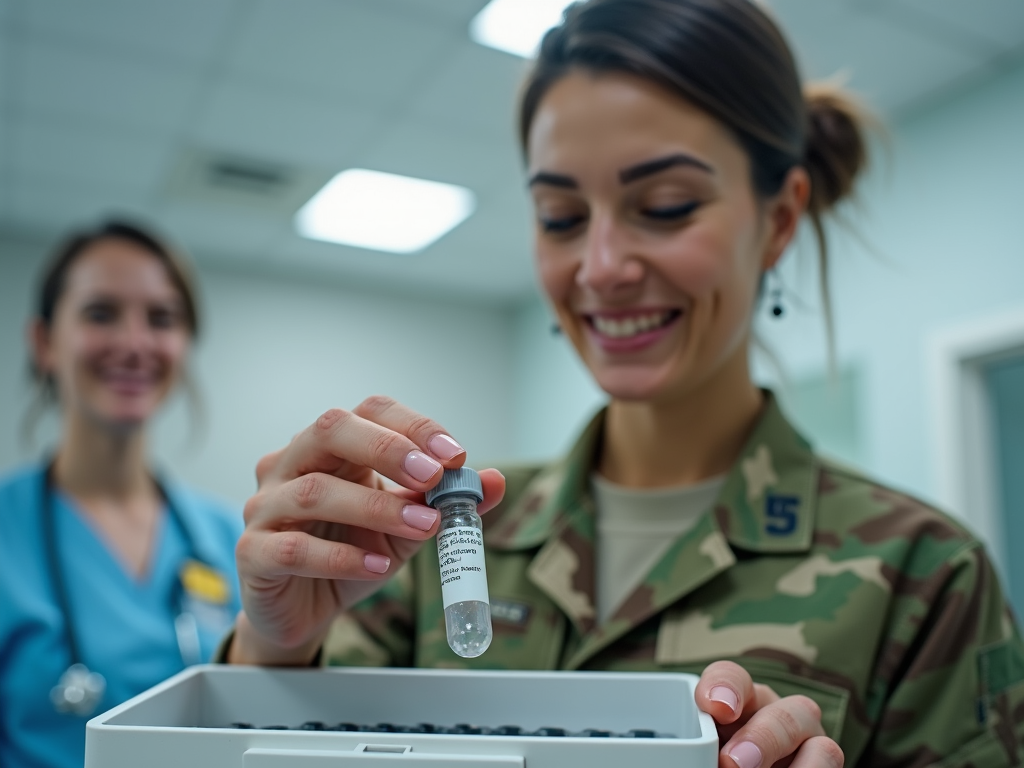Understanding IVF: A Guide for Military Families
March 23, 2025, noon
Military families often face unique hurdles in their journey to parenthood. Deployments, relocations, and the demands of service can complicate fertility. This guide, Understanding IVF: A Guide for Military Families, offers clear insights into In Vitro Fertilization (IVF) and fertility preservation tailored to your life.
Why IVF Matters for Military Families
Starting a family can feel out of reach for many military couples. Infertility affects about one in six couples, and military life can add extra layers of difficulty. Frequent moves disrupt doctor visits. Deployments throw off timing. Even stress or injuries from service can play a role. IVF—a process where eggs and sperm are combined outside the body—offers hope when natural conception isn’t working.

How IVF Works
IVF might sound complicated, but it’s a straightforward process broken into steps:
- Step 1: Ovarian Stimulation - Medications help produce multiple eggs.
- Step 2: Egg Retrieval - Doctors collect eggs in a quick procedure.
- Step 3: Fertilization - Eggs meet sperm in a lab.
- Step 4: Embryo Transfer - A healthy embryo is placed in the uterus.
For military families, this process can be a game-changer, especially when timing is tough.
Unique Challenges for Military Life
Military service brings challenges most civilian families don’t face. Deployments can last months, making it hard to sync schedules for conception or treatment. Relocating every few years means finding new doctors mid-process. Plus, the physical toll—think stress or exposure to hazards—can impact fertility. That’s why Understanding IVF: A Guide for Military Families is so vital.

Fertility Preservation for Military Personnel
What if you’re not ready for kids yet? Fertility preservation for military personnel is a smart option. Men can freeze sperm before deployment—it’s quick and affordable. Women can freeze eggs, protecting their future chances if service delays family plans or risks their health. These steps give you control over your family’s timeline.
Why Preservation Makes Sense
Service members face unique risks. Deployments to harsh environments or combat injuries can harm reproductive health. Freezing eggs or sperm now means you’re ready later, no matter what happens. It’s peace of mind in an unpredictable career.

Planning IVF Around Military Life
Timing is everything with IVF, and military schedules don’t always cooperate. Here’s how to make it work:
- Talk Early: Coordinate with your doctor around deployments.
- Know Your Coverage: TRICARE covers some infertility tests, but IVF often requires out-of-pocket costs.
- Find the Right Clinic: Look for ones familiar with military needs.
Planning ahead keeps stress low and success high.
Emotional Side of IVF
IVF isn’t just physical—it’s emotional too. The waiting, the hoping, the setbacks—it’s a lot. Military families already carry heavy loads, so leaning on support matters. Spouses of deployed members say community groups help them feel less alone. One wife shared, 'Our base support group got me through the toughest days.'

What TRICARE Covers
TRICARE, the military’s health plan, helps with some fertility costs but has limits. Here’s a quick breakdown:
| Service | Covered? |
|---|---|
| Diagnostic Tests | Yes |
| Medications | Sometimes |
| IVF Procedures | No (usually) |
Check with TRICARE for your situation—some families use civilian clinics for full IVF support.
Real Stories from Military Families
Hearing from others makes it real. Take Amy and Tom, an Army couple. 'We moved three times during IVF,' Amy said. 'But our clinic worked with us remotely—it was a lifeline.' Then there’s Mark, a Marine who froze his sperm before a tour. 'It felt proactive,' he said. These stories show IVF and fertility preservation can fit military life.

Tips for Success
Want to boost your IVF chances? Try these:
- Stay Healthy: Eat well and rest—stress hurts fertility.
- Communicate: Keep your chain of command in the loop for flexibility.
- Ask for Help: Base chaplains or counselors can ease the mental load.
Small steps make a big difference.
Finding Support
You’re not alone. Military hospitals often have fertility experts. Civilian clinics near bases understand TRICARE quirks. Groups like Resolve or Military Family Advisory Network connect you with others who get it. Reach out—support turns a tough road into a shared one.

Wrapping Up
IVF opens doors for military families facing infertility. It’s not easy—deployments, moves, and costs complicate things—but it’s doable. With fertility preservation for military personnel and solid planning, you can build the family you dream of. Explore your options, tap into resources, and take it one step at a time.
Recommended Readings
Want more? Check out:
- 'Fertility Preservation Basics for Military Members'
- 'How TRICARE Supports Your Fertility Journey'
- 'IVF Success Stories from Military Families'